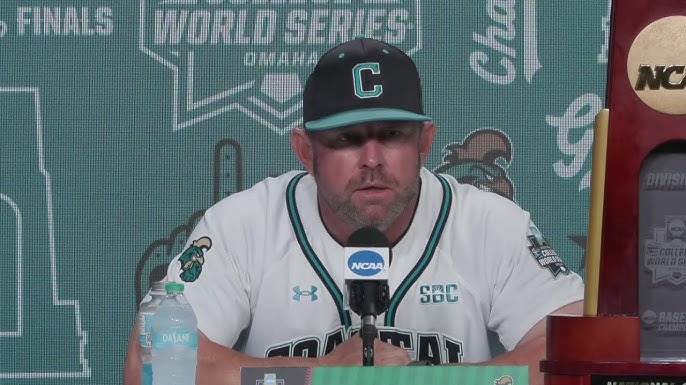
Controversial Short-Term Rental Bill in South Carolina: A Closer Look
In South Carolina, the long-standing debate about short-term rentals resurfaced in April 2025 as lawmakers convened to discuss House Bill 3861. This proposed legislation aims to limit how local municipalities manage short-term rental properties, which have become increasingly popular in recent years. While House Bill 3861 seeks to standardize regulations across the state, it has sparked concerns regarding local control, property rights, and the potential impact on communities.
The Essence of House Bill 3861
At the core of House Bill 3861 is the intention to prevent local governing bodies from enacting ordinances that inhibit the rental of residential homes to short-term guests. This encompasses a wide range of properties, from single-family homes to multi-unit dwellings, which are commonly rented out through platforms like Airbnb and Vrbo. However, this has raised alarms among local officials and residents alike who advocate for the right to regulate the guests in their neighborhoods. As one representative noted, there's a strong feeling among communities that they should retain the power to manage their own housing policies.
Local Perspectives and Community Concerns
Local sentiments reflect a complex interplay of property rights and community welfare. Many residents worry that unrestricted short-term rentals could lead to problems like increased traffic, noise, and a loss of the neighborhood’s character. Mount Pleasant Mayor Will Haynie exemplified this viewpoint, illustrating communities' frustrations with outsiders possibly disrupting their peaceful neighborhoods. "Local governments understand the unique needs of their areas," Haynie argued during the subcommittee meeting, emphasizing the desire for municipalities to have the final say on rental regulations.
Broader Economic Implications
Supporters of the bill may argue that limiting local control over short-term rentals could spur economic growth by making it easier for property owners to rent their homes year-round. Increased tourism might bolster local economies, especially in highly sought-after destinations like Myrtle Beach. However, those in opposition caution that without local oversight, the economic benefits could come at the expense of community stability and well-being.
Ongoing Tensions and Needed Clarity
Ultimately, the state's decision to pause the debate signifies a broader need for clarity on this contentious topic. Representative Joe Bustos highlighted that the discussion has been tabled multiple times, underscoring the need for more answers on critical issues such as taxation and community impact before proceeding. Lawmakers recognize the delicate balance between safeguarding property rights while also considering the voices of the communities they represent.
What’s Next for Short-Term Rentals?
As municipalities across South Carolina await further developments on the bill, the conversation surrounding short-term rental regulations is likely to intensify. Continued public discussions and testimonies will be essential for lawmakers to gauge the sentiments of their constituents, ensuring that the final decision respects both local governance and the rights of property owners. For residents in popular tourist areas like the Grand Strand, the outcome will undoubtedly shape not only their neighborhoods but also the broader economic landscape.
As this story develops, it will be essential for stakeholders, including local governments, property owners, and community members, to engage constructively in this ongoing dialogue. The next steps taken by state lawmakers will reveal the trajectory for short-term rental regulations in South Carolina and set a precedent for similar debates nationwide.
 Add Row
Add Row  Add
Add 




Write A Comment